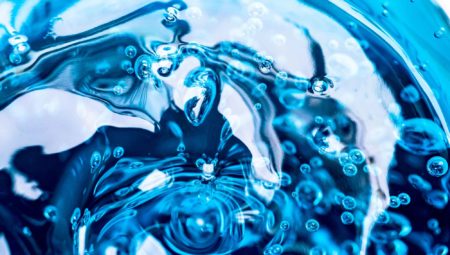Fully biodegradable hygiene products will be an important asset towards a more sustainable life cycle which is important because of their short lifespan. SAPs can also play a key role in the retention and controlled release of water in agriculture. Here, SAPs made from biobased building blocks with tuned biodegradability are needed to ensure life cycle sustainability.
Most industrially used SAPs are made from synthetic polymers based on acrylics, due to their superior price-to-efficiency balance. The acrylics are typically fossil-based, but there are examples of biobased acrylic acid being used to make the SAPs. Acrylics however, whether they are fossil- or biobased, are inherently not biodegradable.
To develop biobased and biodegradable SAP solutions based on different biobased building blocks (e.g. polysaccharides or polypeptides), the BioSAPS project is setup, led by a consortium consistsing of a base materials supplier (e.g. non-wovens) to hygiene product manufacturers, an R&D provider with extensive experience in chemical research and the development of sustainable technologies and materials and finally a polymer architecture company, with extensive knowledge on (new) biodegradable polymers. To complete the consortium, the innovation agency Catalisti is searching for:
- a company active in water retaining technologies and looking for biodegradable SAPs (e.g. agricultural, construction);
- a company with expertise on diagnostic tools and/or medical devices;
- a company active in degradation pathway analysis, additives and/or processes to accelerate degradation;
- other companies interested in biodegradable SAPs (and complementary to the applications already active in this project).
BioSAPS will start on 1 January 2022 and run for two to three years. More information can be found on the website of Catalisti.
Image: FamVeld/Shutterstock



